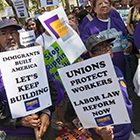
How Unions Can Protect Immigrants
An interview with Faye Guenther, president of UFCW Local 3000.


An interview with Faye Guenther, president of UFCW Local 3000.
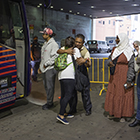
An interview with Dara Lind and Omar Jadwat on immigration policy in the second Trump administration.


In China, academic competition has become a kind of faith, providing values and a sense of purpose to its acolytes.

Trump’s goal is blood-and-soil nationalism. The only choice is opposition.

The Lord of the Rings is a book obsessed with ruins, bloodlines, and the divine right of aristocrats. Why are so many on the left able to love it?

The super-rich opt out of the social contract by picking and choosing which laws apply to them, whether in offshore tax havens or at home.
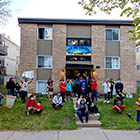
Tenant organizers demand that housing be more than just a bare roof over your head, and in doing so they make space for a full life.
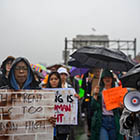
“Organizing tenants has the potential to shape the political landscape for decades to come.”

How do we achieve housing for all?
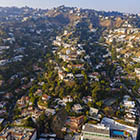
The Measure ULA campaign shows how a housing-labor coalition can transform the political landscape, even in the face of staunch special interest reaction.

For Arlie Russell Hochschild, understanding why rural voters favor Trump requires coming to grips with the role of emotion in politics.

Some have suggested that young men are drawn to Andrew Tate because they suffer from a dearth of social contact. Yet men go to Tate not to alleviate loneliness but to intensify it.
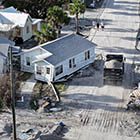
We must reimagine our disaster risk finance system so it reduces exposure and provides protection fairly.

It is hard to call people into a political project that is deeply incompatible with their sense of what it means to act morally in the world.
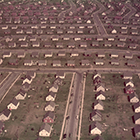
A more capacious suburban politics—beyond the myth of the white, affluent enclave—is fundamental to addressing the problems of racial segregation and economic inequality that shape American life.